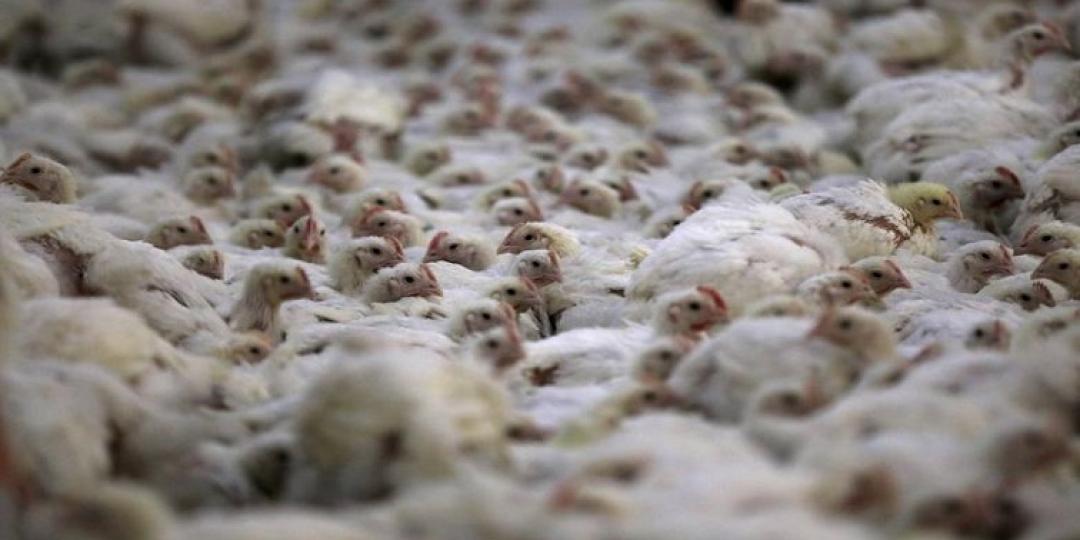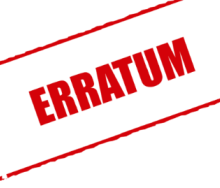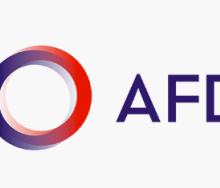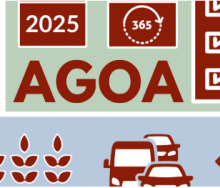There’s been a strong call for the removal of the 15% value-added tax (VAT) from the most popular chicken portions – this time from South Africa’s official opposition party, the Democratic Alliance.
The proposal was first made by FairPlay in 2018 and has been repeated regularly since then as food prices have risen.
FairPlay is a not-for-profit trade movement whose goal is to end predatory trade practices between countries so that big and small nations play by the same rules.
In a lengthy statement setting out how food price inflation exacerbates South Africa’s poverty and hunger crisis, party leader John Steenhuisen listed food items that could be freed from VAT. He focused on bone-in chicken portions – the leg quarters, thighs and drumsticks that make up a high portion of chicken sales.
“Dropping the 15% VAT on some of these items would help households to stretch their food budgets a lot further, and would enable people to purchase more nutritious food,” he said.
“We especially call on government to zero-rate bone-in chicken and other chicken categories commonly purchased by low-income households. Zero-rating bone-in chicken would cost approximately R3 billion, but experts have suggested the intervention would pay for itself through improved health, work and learning outcomes.
“Bone-in chicken is a high-quality source of protein and by far the most popular one for low-income households, making up 14% of low-income household food budgets. Poor South Africans need an affordable source of protein to prevent them from shifting to a less nutritious high-carb diet as their budget is squeezed.”
The DA call to zero-rate all bone-in portions is wider than the more focused proposal by FairPlay, and the SA Poultry Association, which is limited to fresh and frozen whole and half chicken, and fresh and frozen mixed portions.
Steenhuisen also called for the removal of import tariffs from “pasta and certain chicken categories such as chicken carcasses”. He said this would have a negligible impact on the fiscus but a large impact on the poorest households.













